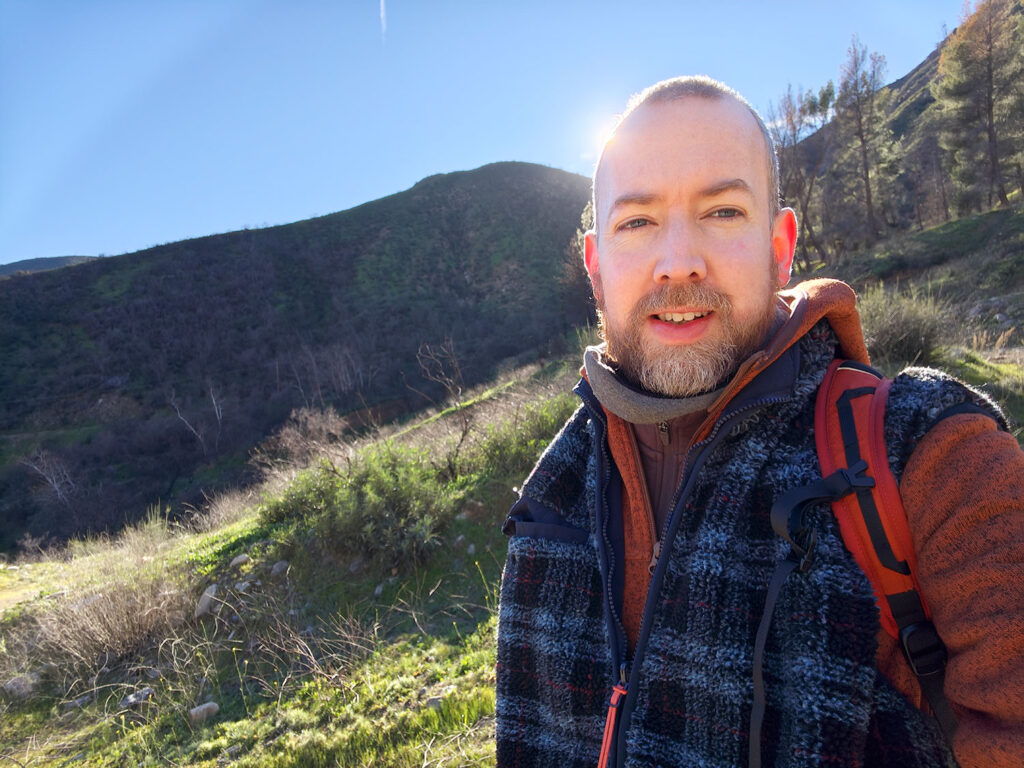It helps my job to see advertising as a language. Even if it’s not literally a dialogue, you are communicating to someone’s mind, tapping into what they already know, feel or do. If any message wants to stand a chance to be understood or felt, it must relate to someone. And the process to get there is a like a dialogue too, starting from research into strategy and into production. It’s not a one-way street into whatever you wish to create. Advertising does not create culture, it follows it. And it should not be reduced to an algorithm.
Some marketeers have us believe that if we just show up at the right moment, people will buy anything. If we just make the checkout-button the perfect shade of blue. If we just tell them what to feel. The creative process is being reduced to an assembly line: a safe and controllable process with predicable outcomes. People are bombarded with advertisements every day and most of it is just wallpaper. As little as 16% of all advertising is both remembered and correctly credited.
The difficulty is that what provides value often has no clear logic. People are silly which is exactly the interesting part. If a person is afraid of flying, it helps him or her to talk to a crew member on the plane, to say hi to them on boarding, and maybe admit they are afraid. This is not the most reasonable thing to do, but we know that mere statistics on how safe flying is do not help.
To see advertising as a language provides direction. It is always about people. But here comes the irony. Language is my biggest challenge in China. Not being able to speak beyond basic words of Mandarin is an enormous hurdle. It’s such a miss to not be able to ask anyone on the street what they think or why they buy what they buy. Colleagues can provide such information, but it always feels filtered, a slight distortion in the signal.
When I took up language classes at GoEast, it struck me how personal those are taught. Usually there’s some chit-chat and the lesson then resolves around our that within our Mandarin vocabulary (in our first class we learned how to order beer). We also did games on hiding stuff in the campus and then giving each other hints in Mandarin, such as ‘under the table’. It seems more logical to have huge class rooms and a curriculum that is perfect rather than tailored. Have everyone remain behind their desk. But the classes at GoEast are about language and people. We talk and laugh with each other and learn.
One story I heard is from a student at HSK 5 who was bored with going to HSK 6. Since he worked in aviation he was very interested in planes, his teacher bought a Chinese book with aerospace terms and made that the class material instead of HSK 6, in which the student rediscovered the joy of learning again. That is exactly what education should be about: being adaptive, being like a dialogue. Not a one-way street.
I’ve been so convinced about GoEast that I’ve joined their team. I wish to assist and build on their experience with what I know on brand building and digital channels. But more so I want to expand what they do with their classes; encourage people through language learning. I’ll stay connected to Seventy Agency on project-per-project basis. If anything, seeing advertising as a language makes my work better for them too.




